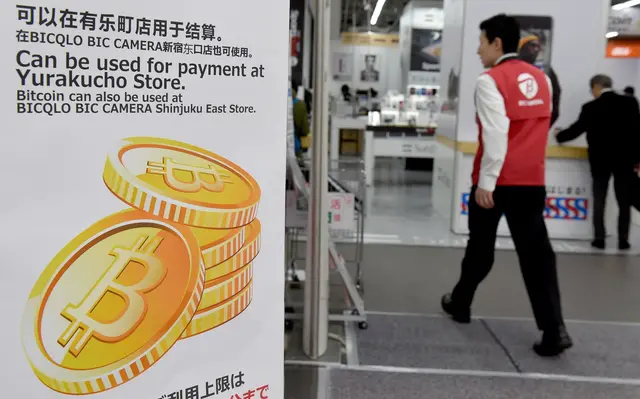The former CEO of collapsed Bitcoin exchange MtGox goes
on trial Tuesday in Tokyo over the disappearance of hundreds of millions
of dollars worth of the virtual currency from its digital vaults.
Frenchman
Mark Karpeles – once the high-flying head of the world's busiest
Bitcoin trading platform, who reportedly lived in an
11,000-US-dollars-a-month penthouse – is facing embezzlement and data
manipulation charges.
The 32-year-old was first
arrested in August 2015 and released on bail nearly a year later over
allegations he fraudulently manipulated data and pocketed millions worth
of Bitcoins.
MtGox, which claimed it once hosted
around 80% of global Bitcoin trading, shuttered in 2014 after admitting
that 850,000 coins – worth around 480 million US dollars at the time –
had disappeared from its vaults.
The company initially said there was a bug in the software underpinning Bitcoins that allowed hackers to pilfer them.
Karpeles
later claimed he had found some 200,000 of the lost coins in a "cold
wallet" – a storage device, such as a memory stick, that is not
connected to other computers.
Tokyo-based MtGox filed for bankruptcy protection soon
after the cyber-money went missing, leaving a trail of angry investors
calling for answers and denting the virtual currency's reputation.
Karpeles,
who said he is working as an IT consultant, is active on social media
and has commented on issues concerning Bitcoin but not on details of his
criminal case.
In the wake of the MtGox scandal,
Japan passed a bill stipulating that all virtual currency exchanges must
be regulated by its Financial Services Agency.
Virtual
currencies are generated by complex chains of interactions among a huge
network of computers around the world, and are not backed by any
government or central bank, unlike traditional currencies.
Despite
the demise of MtGox and concerns about security, Bitcoin and hundreds
of rival digital currencies are becoming increasingly popular and
accepted by merchants worldwide.
Bitcoin has seen
wild volatility during its short life, soaring from just a few US cents
to around 2,500 US dollars now, more than double its value just a few
months ago.
Backers say virtual currencies offer an efficient and anonymous way to store and transfer funds online.
Critics
argue the lack of legal framework governing the currency, the opaque
way it is traded and its volatility make it dangerous.
There are also security concerns.
Bitcoin
has suffered hacking incidents including one last year in which a major
Hong Kong-based exchange Bitfinex suspended trading after $65 million
in the virtual unit was stolen.
 简体中文
简体中文

